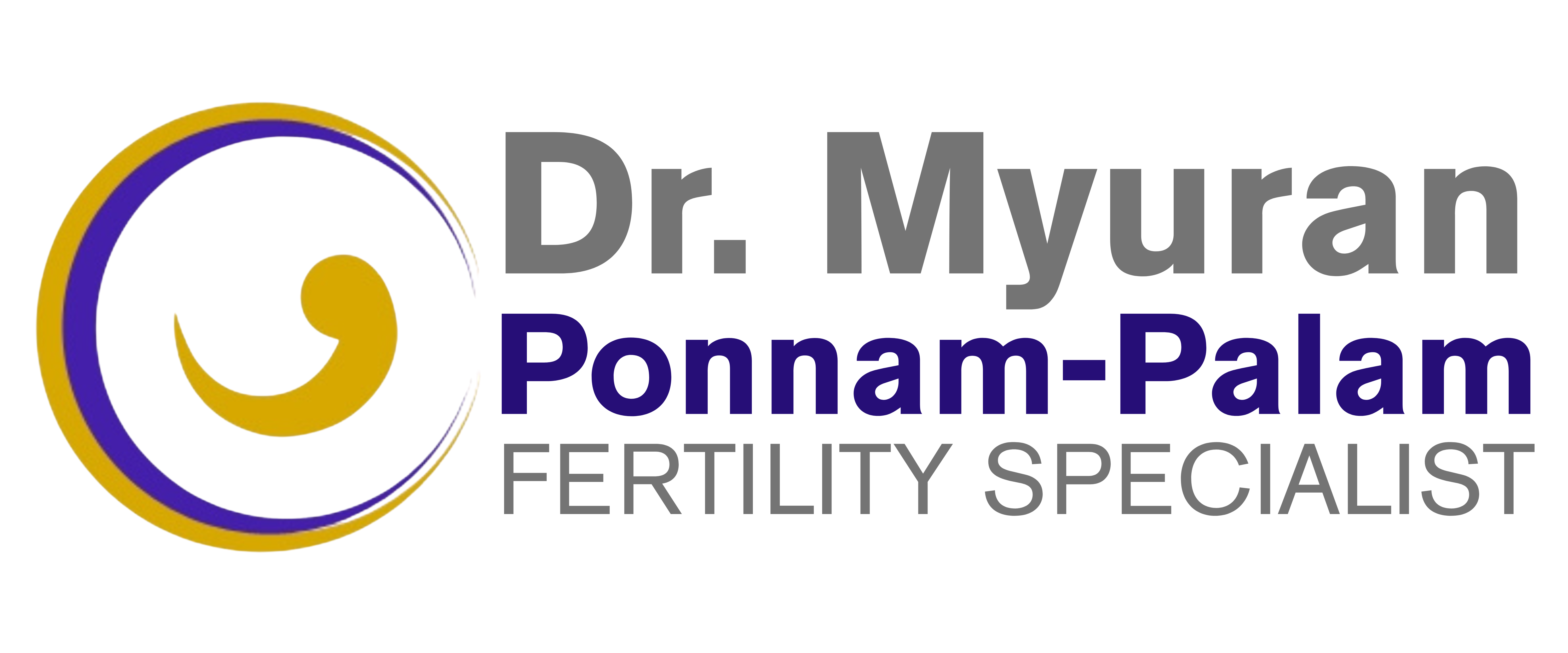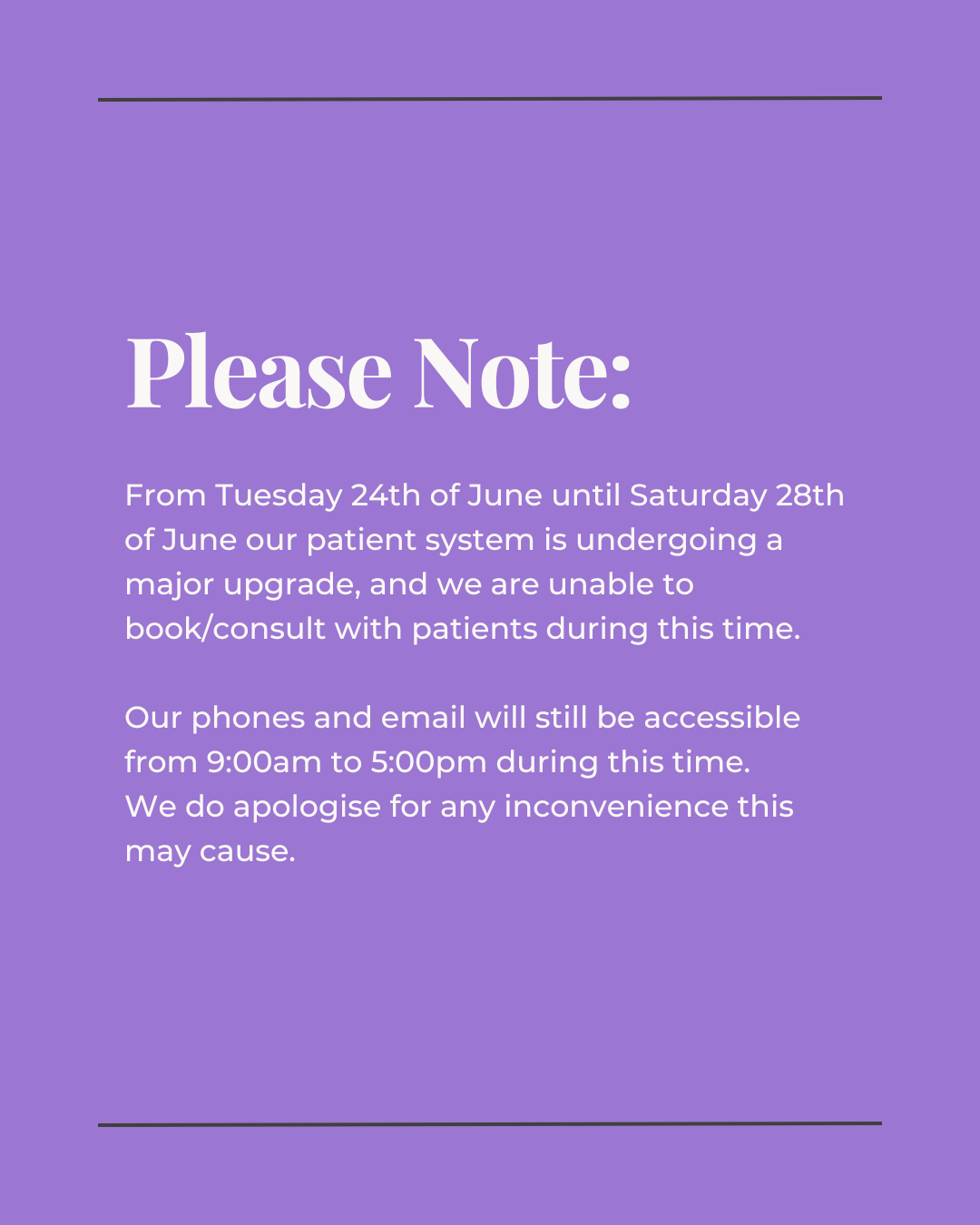Understanding Your Ovarian Reserve: The AMH Test
The Anti-Mullerian Hormone (AMH) test has become an essential tool in assessing a woman’s ovarian reserve. This simple blood test provides valuable insights into the quantity of eggs remaining in a woman’s ovaries, offering a glimpse into her reproductive potential.
What is AMH?
AMH is a hormone produced by the Granulosa cells surrounding developing egg follicles in the ovaries. The level of AMH in a woman’s blood correlates with the number of viable eggs remaining, making it a reliable indicator of ovarian reserve.
The AMH Test: What You Need to Know
The AMH test is a straightforward blood test that can be performed at any time during a woman’s menstrual cycle. Unlike other fertility hormones, AMH levels remain relatively stable throughout the month, making it a convenient and reliable measure.
Key Points:
- The test costs approximately $85-90 and is not covered by Medicare.
- Results are typically available within a week.
AMH levels can be tested while using hormonal contraception.
Interpreting AMH Results
AMH levels are interpreted by comparing them to those of women in the same age group. A lower AMH level may indicate a reduced ovarian reserve, while a higher level could suggest a larger egg supply.
It’s crucial to remember that AMH is just one piece of the fertility puzzle. While it provides information about egg quantity, it doesn’t indicate egg quality, which is primarily determined by age.
Who Should Consider an AMH Test?
An AMH test may be beneficial for:
- Women who have been trying to conceive for over six months
- Those considering fertility treatments like IVF
- Women who have undergone chemotherapy or ovarian surgery
Women planning for future pregnancy and curious about their ovarian reserve
The Limitations of AMH Testing
While AMH testing is valuable, it’s important to understand its limitations:
- It doesn’t predict natural conception rates
- A low AMH doesn’t necessarily mean infertility
AMH is not an indicator of egg quality.
Conclusion
The AMH test is a useful tool in assessing ovarian reserve, particularly when planning fertility treatments. However, it should be interpreted as part of a comprehensive fertility assessment, considering factors such as age, overall health, and other fertility markers. If you’re concerned about your fertility or considering starting a family in the future, consult with a fertility specialist to discuss whether an AMH test is right for you.
Dr Myuran Ponnam-Palam is a fertility specialist offering many fertility services. If you are wanting to know more about your options, please contact our clinic to make an appointment today!


